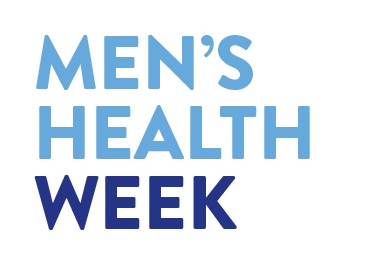Good employee health is good for business.
A major study commissioned by the government's Health Work Wellbeing Executive in 2008 provides evidence that improving employee health is good for business. The study identifies a number of benefits of staff wellness programmes including reduced levels of sickness absence, lower staff turnover and greater employee satisfaction.
Where these benefits have been costed against staff performance, they demonstrate a measurable return against the financial investment. The study concludes that “workplace wellness makes commercial sense” and suggests that the workplace offers considerable untapped potential as a setting for the improvement of population health.
The health of men at work
Health improvement initiatives delivered in the workplace are of particular importance for men.
Men are less likely than women to make use of almost all other forms of primary health provision.
Men spend far more of their lives in the workplace. Men are still almost twice as likely to work full time.
There is an increasing and convincing body of evidence that health improvement initiatives in the workplace are not only effective at engaging men but are also welcomed and valued by men.
The way forward
A shift in policy in favour of delivering health improvement services in the workplace would significantly improve male health in England and Wales. Summary:
- Investment by business and the NHS in initiatives that deliver “male friendly” health improvement services in the workplace.
- The establishment of local planning partnerships specifically tasked with maximising the value of the workplace as a setting for the improvement of male health.
- Government action to create a more flexible NHS. Many services traditionally delivered in NHS settings could certainly be taken into the workplace.
- A proper structure for dissemination of existing good practice, including training opportunities for key staff on working with men.
- Full gender impact assessment of policy developments arising from Dame Carol Black’s Review, including specific consideration of the potential of workplace health improvement initiatives to help address men’s less effective use of other forms of health services.
